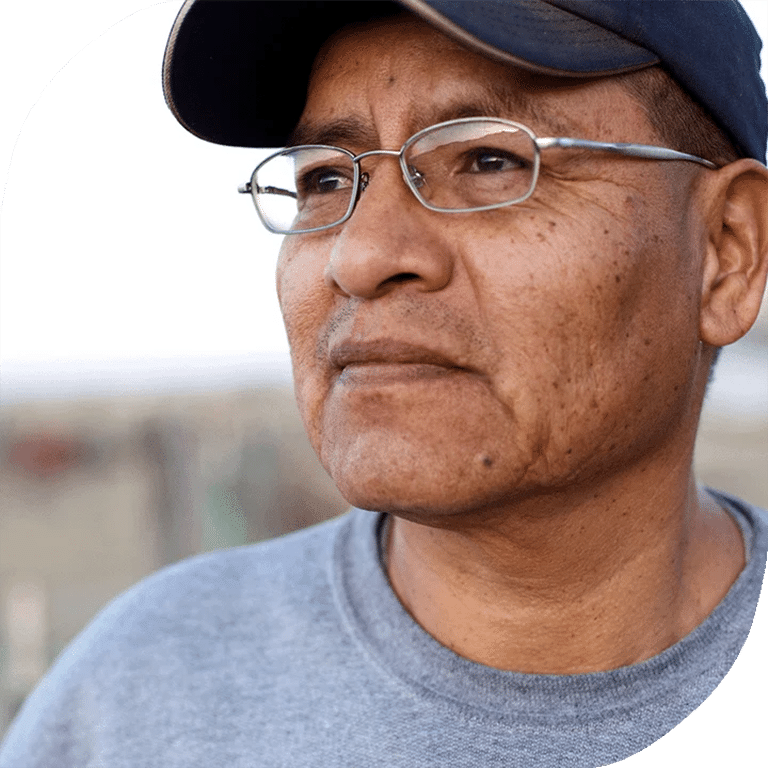The Commissioner’s 2021 report to the Special Committee on Reforming the Police Act (SCORPA), Equity is Safer, revealed a disturbing pattern of discrimination in policing in B.C. Building on that report, this inquiry aims to quantify police use of force against people who are racialized and/or have mental health issues in B.C.
Why are we looking into this?
In recent years, public concern has grown in B.C. and other jurisdictions about how police use of force disproportionately affects racialized communities and those with mental health issues. We know from the Commissioner’s Equity is Safer report that Indigenous and Black people (and other racialized groups) are overrepresented in arrest and chargeable incident statistics in B.C. The report also noted significant police activity involving people who experience mental health issues, of which Indigenous, Black and Arab/West Asian people are also overrepresented. However, comprehensive data quantifying these impacts is still needed.
Systemic discrimination erodes the foundation of trust between communities and law enforcement, jeopardizing the safety of all residents.
— Commissioner Kasari Govender
The inquiry’s process
The Commissioner is issuing an information request to B.C.’s Ministry of Public Safety and Solicitor General, which receives annual reports on use of force from police departments in the province. The Commissioner’s Office will analyze data received to determine whether it shows any disproportionate impacts to racialized persons or persons with mental health issues.
This inquiry will collect, store and use data in accordance with the Grandmother’s Perspective, which centers relationships with affected communities and is grounded in the concept of data sovereignty. The Commissioner plans to meet with several community organizations during the inquiry to ensure they have a say in deciding how the data about their own lives will be used to create positive change. The Commissioner will also approach key policing agencies with her draft findings in the spirit of administrative fairness. The inquiry will result in a report that presents the data collected and makes recommendations to address concerns about systemic discrimination, building on those made in Equity is Safer.
For more information, read our Jan. 30 news release.
About inquiries
The Commissioner can use an inquiry to help promote or protect human rights in B.C.
An inquiry is an opportunity to delve deeply into the human rights implications of a specific incident or issue. Inquiries can include gathering factual and expert evidence, hearing directly from those impacted and making recommendations to address the human rights issues raised. Findings can be reported publicly and to the Speaker of the Legislative Assembly.
An inquiry is not a court of law and cannot make legal findings regarding specific incidents.
Rules for inquiries are found in the Human Rights Code and in the Human Rights Commissioner’s Inquiry Regulation.
- Previous inquiry:Inquiry into media exclusion zones
